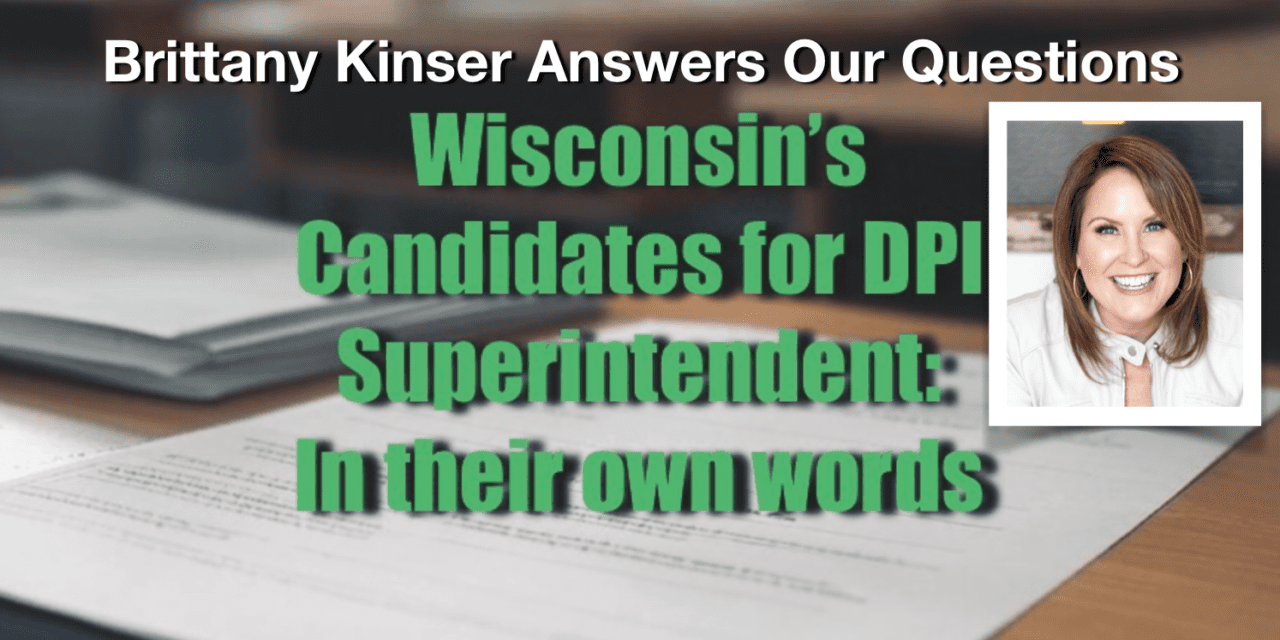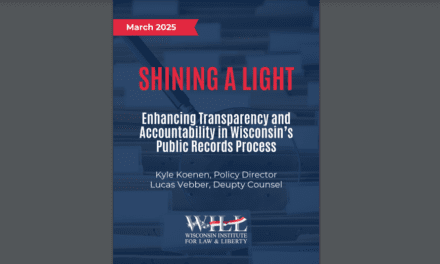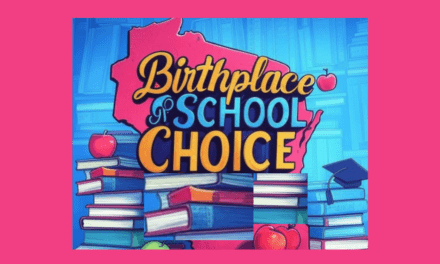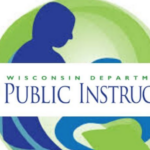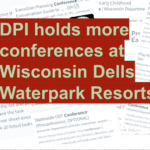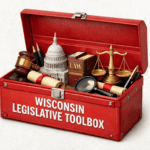The current Superintendent of the Wisconsin Department of Public Instruction, Jill Underly, faces two challengers on February 18th.
She is being challenged by Sauk Prairie School District Superintendent Jeff Wright, and Brittany Kinser, a former special education teacher, school principal and education consultant. The top two vote getters in the Primary will advance to the General Election on April 1st.
As a public service, on January 28, 2025, Dairyland Sentinel sent a 12-question survey to the candidates. We did not impose a word limit and promised to publish responses as they were received..
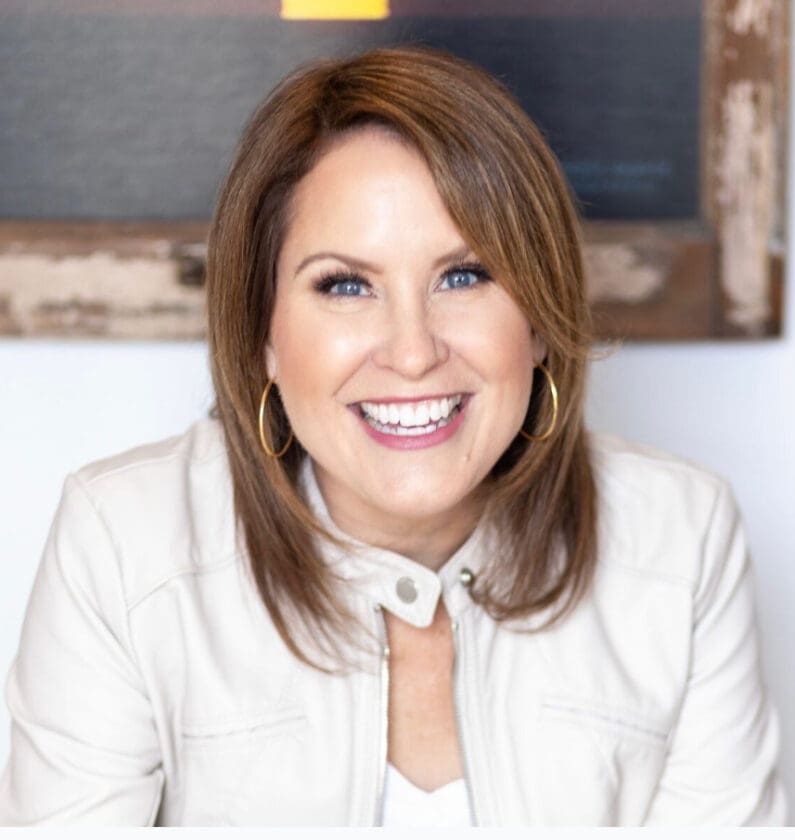
Candidate:
Brittany Kinser
Survey Response Received:
Thursday, February 6, 5:50 PM
- Why are you running?
- I am running for State Superintendent of Public Instruction because our kids deserve SO MUCH more! It is unacceptable that only 3 out of 10 students in Wisconsin are college- or career-ready. Our children deserve so much better. I believe we must restore high standards and focus on the basics of reading, writing, math, and science to ensure every child can get a meaningful job, attend college, or master a trade.
- I’ve been a special education teacher, an award-winning public school principal, and a literacy advocate. I’m committed to restoring high academic standards. I’m focused on teaching students to read, write, and do math so they can pursue meaningful careers, attend college, or master a trade. Partnering with parents—who are a child’s first teacher—is essential for success. I want to ensure funding reaches classrooms and rewards excellent teachers, not bureaucracy. We need transparency, predictability, and innovation at DPI. As the only candidate for Superintendent who supports school choice and has never run for political office, I am putting kids first. I offer a clean slate, a fresh start, and a new approach to education in Wisconsin.
- What, in your personal and professional background, qualifies you to lead DPI?
- After teaching special education and science in public schools for nearly a decade, I was hired at the district level to improve student outcomes across over a dozen large urban high schools, successfully implementing best practices. As a public elementary school principal, I was honored with the “Beating the Odds” award by then-State Superintendent Tony Evers. I co-founded a high-impact literacy initiative to address the reading crisis, providing direct instruction to students and strategic support to school leaders. I hold a master’s in Educational Leadership from Columbia University, a master’s in Designing Science Curriculum from IIT, and a bachelor’s in Special Education from Eastern Illinois University.
- What are your top three issues/areas on which you will focus if you were to be elected on April 1?
- First, we must restore high academic standards, and I support the Legislature’s efforts to restore the standards set by then-Superintendent Tony Evers. We know that students rise to meet the expectations set for them! Restoring high standards means positioning Wisconsin kids for success. Second, we must refocus education on the basics of teaching reading, writing, science, and math. These skills are the foundation of lifelong success, enabling students to pursue meaningful jobs, attend college, or master a trade. We must also provide best practices on how to partner with parents to champion their child’s education. Finally, I believe DPI must become a transparent, predictable, and innovative partner with schools, parents, and local communities.
- Do you believe Wisconsin schools prepare Wisconsin students for life after high school?
- Right now, no. The latest results of the Nation’s Report Card show that only 3 out of 10 Wisconsin students are career- or college-ready. That’s unacceptable. I believe by restoring high standards and focusing on the core basics of reading, writing, science, and math, we can ensure every student has a chance to succeed.
- Explain your position regarding recent changes to cut scores and performance terminology used with the Wisconsin Forward Exam.
- The decision to lower standards is why I got into the race for State Superintendent. My years in Wisconsin education have taught me that students rise to meet the expectations set for them. That’s why I’m an advocate of restoring high standards and support the legislature’s effort to revert the state’s education standards to the Nation’s Report Card – as implemented by then-State Superintendent Tony Evers.
- If you are concerned about educational disparities among different student demographics in Wisconsin, what do you propose to help bridge these gaps?
- The grim reality is that Wisconsin has the highest disparity between white and Black student achievement in the nation. After teaching special education and science in public schools for nearly a decade, I was hired at the district level to improve student outcomes across over a dozen large urban high schools, successfully implementing best practices. As a public elementary school principal, I was honored with the “Beating the Odds” award by then-State Superintendent Tony Evers. I have a track record of successfully applying best practices and looking at what is working in individual schools, districts, and other states. DPI can be a catalyst for promoting what is working elsewhere so that all Wisconsin kids can benefit.
- Do you support, oppose, or prefer changes to the following:
- The Open Enrollment law
- Support
- The School Choice programs
- Support
- Wisconsin’s Charter School laws
- Support
- The Open Enrollment law
- This is your chance to describe how you think Wisconsin voters should view your past political activities (as a candidate, donor, supporter, or voter). Will they help or hinder your ability to lead the Department and work with lawmakers, the governor, and local school districts?
- When I was hired as a teacher or principal, no one asked me about my party affiliation or who I voted for in the last election. The job of Wisconsin Superintendent of Public Instruction is a nonpartisan job for a reason. Our children and their futures transcend political parties. As a principal of a public charter school in the heart of Milwaukee, I worked to build and maintain relationships with leaders on both sides of the aisle to ensure the students and teachers of my school had the tools and resources they needed to succeed. As a former principal, I needed to work with both sides of the aisle to get the resources and funding I needed to get the job done for my students. I will work to ensure every school across Wisconsin has the tools and resources they need to restore high standards, challenge our students, and ensure everyone has the chance to get a meaningful job, attend college, or master a trade.
- With evolving educational technology, what is your vision for integrating digital tools into classrooms; and, do you support the expansion of Wisconsin’s online charter schools, sometimes referred to as ‘virtual schools?‘
- As superintendent, I will support the use of technology and virtual learning to ensure students have access to the education model that works best for them. For some students, that may be a fully online or virtual school. Covid proved this model works for certain students. Some schools may offer a hybrid model where a student is in the classroom for part of the day and online for the reminder. Finally, technology can augment the learning of students in a traditional brick-and-mortar classroom by delivering courses that would not otherwise be available to students, such as a foreign language or advanced mathematics. I want parents to be able to choose the education model that works best for their child, and I support leveraging technology to give families and students more options.
- How do you intend to engage with communities, parents, and stakeholders to ensure their voices are heard in educational policy decisions?
- As the principal of a public charter school, I worked very closely with parents, community leaders, and stakeholders to tackle major issues affecting the school and students. I plan to use the same approach that worked successfully because we all want our children to succeed. In my 25 years in education, I know that when parents are actively involved, students are more engaged, schools perform better, and there’s a stronger environment for learning. I also want to improve the School and District Report Cards and ensure WI residents and families have clear and accessible information about student outcomes and school performance. To improve the utility of the School and District Report Cards, I would recommend and encourage more emphasis on academic proficiency, a more balanced approach than what is currently used. The current methodology for calculating how many stars a school or district receives is skewed to favor growth versus performance for certain populations resulting in an overall score that can’t be compared across schools and is misleading to parents. I will also create an easily accessible report card that is easy to read for parents, school boards, educators, and all key community stakeholders. Right now it is very difficult to find the report card, let alone understand it. There are best practices in other states that Wisconsin can look to as an example.
- Presently, DPI promotes the notion that there is some information students share with teachers and other school professionals that should not be shared with parents (for example, current gender identity, preferred pronouns, etc). Do you agree with this policy?
- I am opposed to withholding information from parents regarding what is going on with their child at school. My professional experience is one of partnering with parents. Parents are a child’s first teacher and their lifelong advocates. I believe DPI needs to be a partner in helping parents champion their children’s education, holding leaders accountable, and supporting excellent schools.
- Teacher retention and recruitment have been significant challenges; what policies or initiatives would you introduce to improve the teaching profession in Wisconsin?
- First, I am committed to advancing reforms to Wisconsin’s complex teacher licensure systems, to make it easier for qualified individuals to enter the teaching profession. I also believe that alternative educator preparation pathways are essential to increasing the number of high-quality teachers in our schools. I am open to collaborating with various groups and learning from other states that have implemented successful programs. Finding a solution will require innovative ideas and a collaborative effort, and we must act now to solve this problem. Under my leadership, DPI will support the growth and sustainability of alternative educator preparation programs. Finally, I am open to looking at what other states are doing and also working with thought leaders in Wisconsin to assess innovative approaches to addressing Wisconsin’s educator shortage. For example, schools could alleviate the teacher shortage with their own teacher apprenticeship pathway similar to bipartisan programs in 30 other states that allow for 2 years of paid, real-life experience before graduating. As DPI Superintendent I will be willing to listen to new ideas and learn how DPI can help address Wisconsin’s educator shortage.
NOTE: We will publish the responses of the other candidates and will include links here, if they are submitted.

Every weekday morning we publish THE newsletter for Wisconsin.
Includes original content and links to other news outlets’ coverage of Wisconsin business, government, cultural and political news.
Delivered, free, to your inbox.

